She’s only 4 years old, but Raihlynn Voss has already faced more than her fair share of health troubles.
She weighed just 5 pounds, 7 ounces at birth. From the outset, she had a heart defect. She has since had three heart surgeries and it’s likely she’ll need another, said Matthew Voss, her father.
She has stage 3 chronic kidney disease in her sole kidney. She also has features of skeletal dysplasia, an ailment involving abnormal bone development.
And yet, through it all, Raihlynn is a happy child, said her father, of Wayland, Michigan.
“She laughs a lot and makes her own jokes,” he said. “She loves music, particularly Taylor Swift songs, and enjoys movies such as the Minion films.”
Given Raihlynn’s extensive health problems, her family has agreed to let her participate in an ongoing study that could shed new light on the prenatal role of vitamin B3 and NAD, or nicotinamide adenine dinucleotide, a molecule potentially important to fetal development.
The Vosses are one of just four families asked to participate in the Australia-based study and they’re the only U.S. family involved.
Raihlynn and both of her parents submitted blood to the researchers in Australia for analysis.
One of the doctors involved in the study, Paul Mark, MD, is Raihlynn’s physician. He’s the division chief of genetics for Spectrum Health.
Broadly speaking, the study looked at vitamin B3, also known as niacin, and NAD, which is involved in more than 400 processes within the body.
“The question is whether Niacin and NAD are important in preventing birth defects in humans,” he said. “That’s what we’re trying to study.”
This study is complex, however, and it will likely take years to complete, Dr. Mark said, cautioning that it’s far too early to draw conclusions from any findings.
“What we do know is vitamin B3 is important in making NAD in humans,” the doctor said. The four patients involved in this study had a known genetic cause of low NAD levels.
A critically important aspect of this study is that it examines all age groups.
“NAD has only been studied in aging adults,” Dr. Mark said. “Nobody has looked at NAD levels in children before now. We want to look at NAD levels in healthy children. In addition, we’ll try to look at NAD levels in kids with other birth defects.”
Dr. Mark co-authored a recent article in the New England Journal of Medicine, which highlighted some of the preliminary results while cautioning that more investigation is needed.
So far, the study findings have raised more questions than they’ve answered, he said.
Researchers need to study NAD and vitamin B3 in children with birth defects as well as NAD levels in pregnant women and women with diabetes, among other groups.
But even as they await word on conclusions, the Vosses have been pleased to participate.
Elizabeth Voss, Raihlynn’s mom, said she participated in the study because she has been eager to learn more about what her daughter is dealing with.
“I now know more about NAD and vitamin B3,” she said.
Her husband agrees.
“My feeling is, I’m excited to see what this evolves into,” he said. “(And see) who and how this could potentially help.”

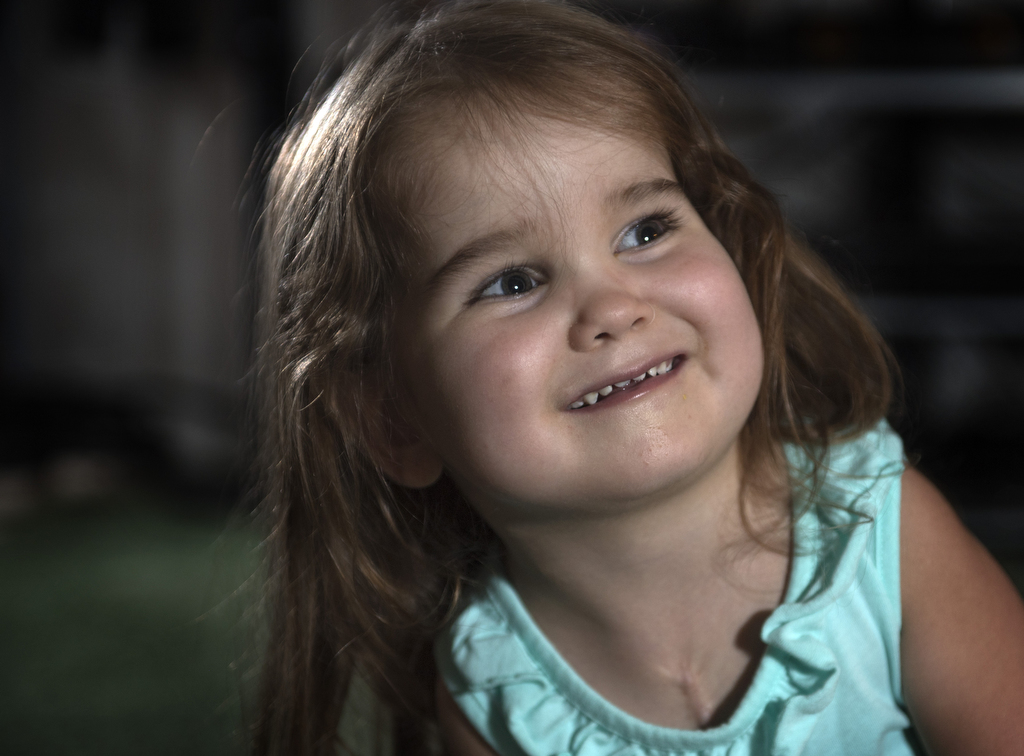




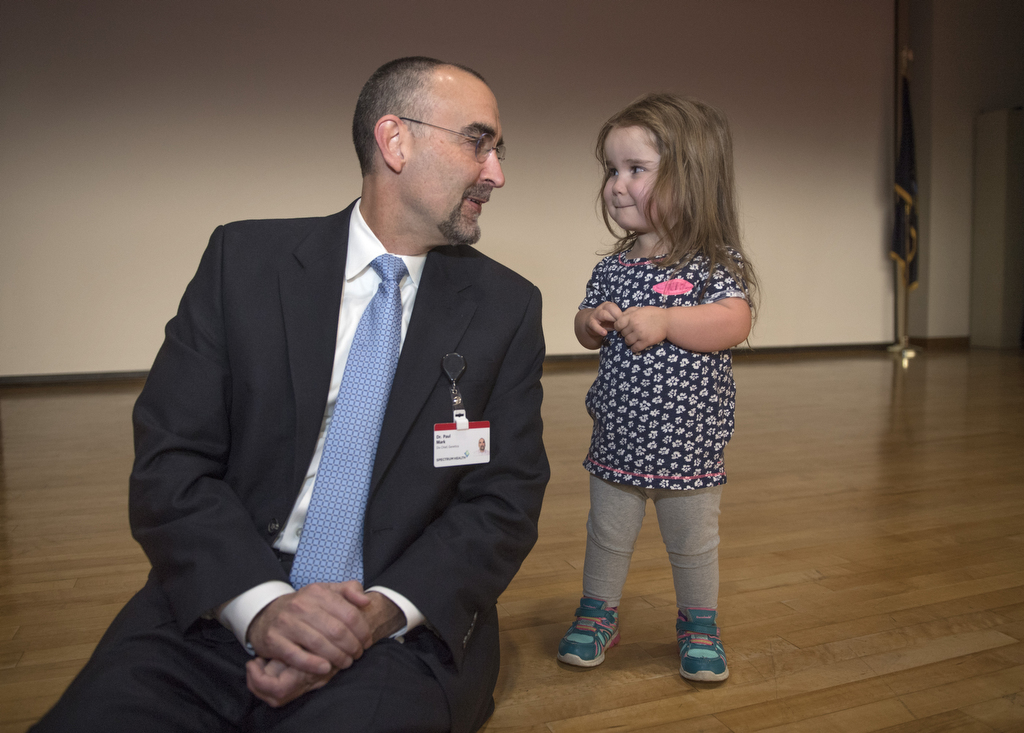
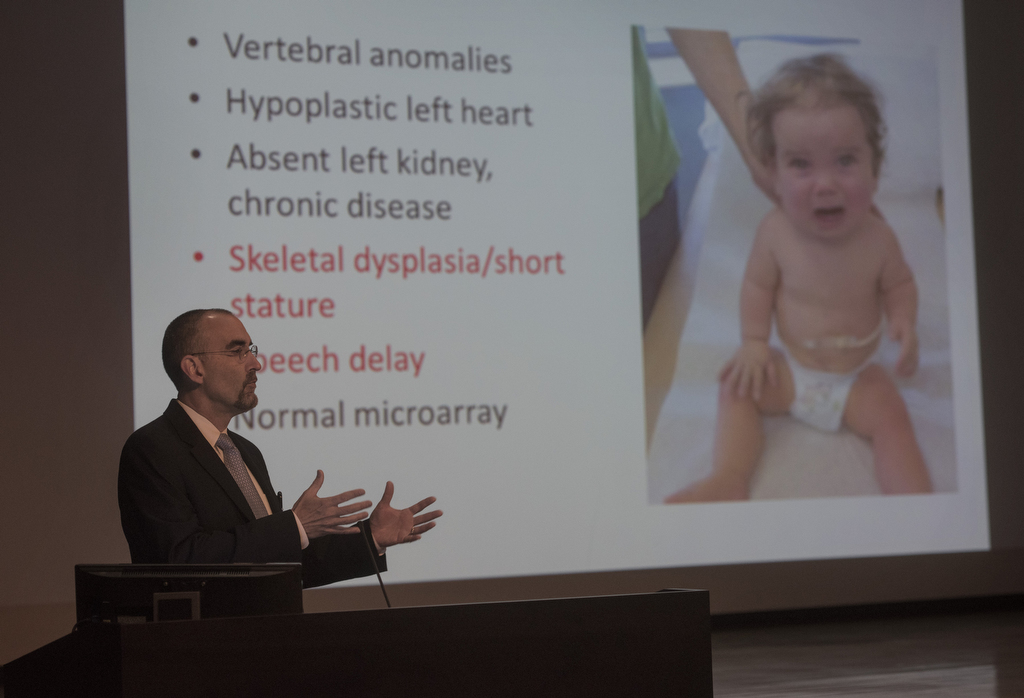
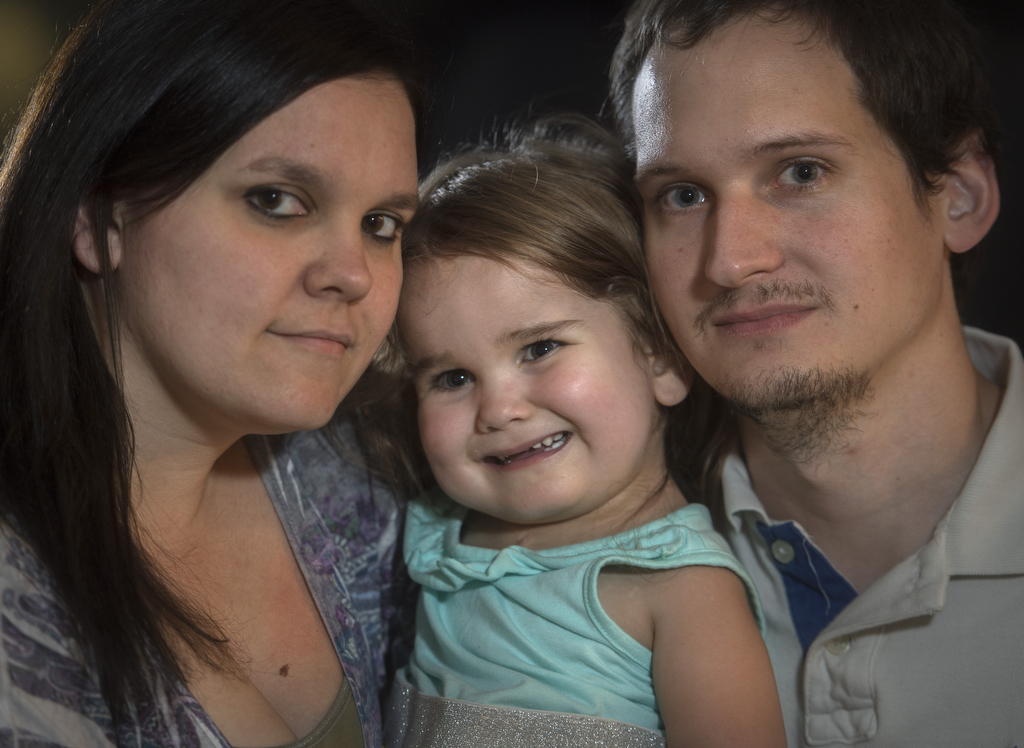
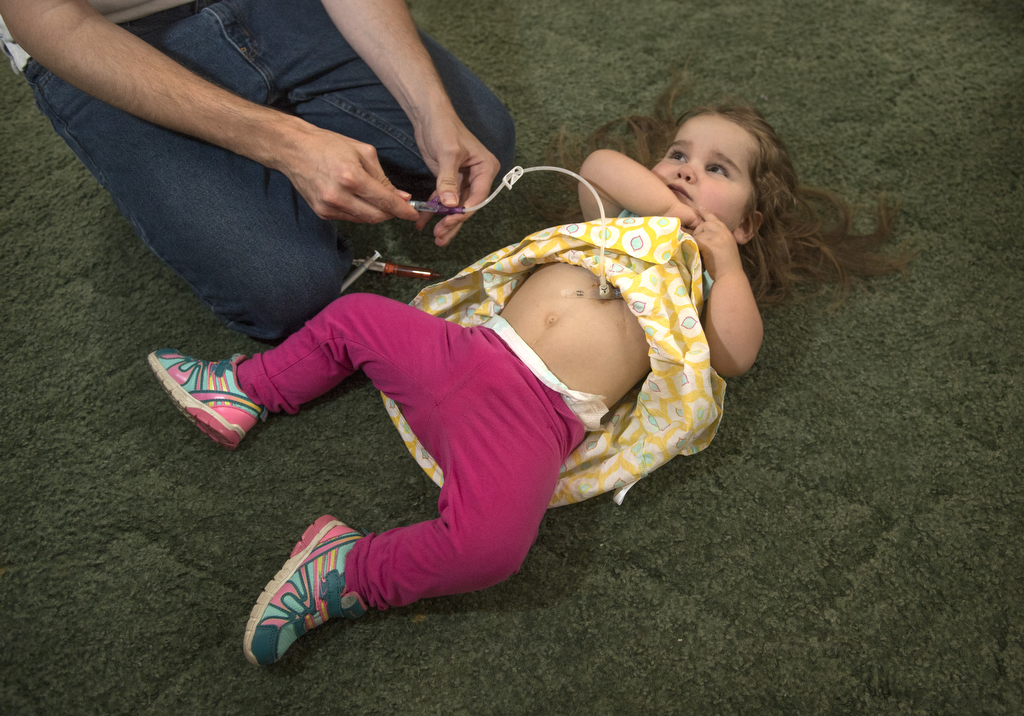


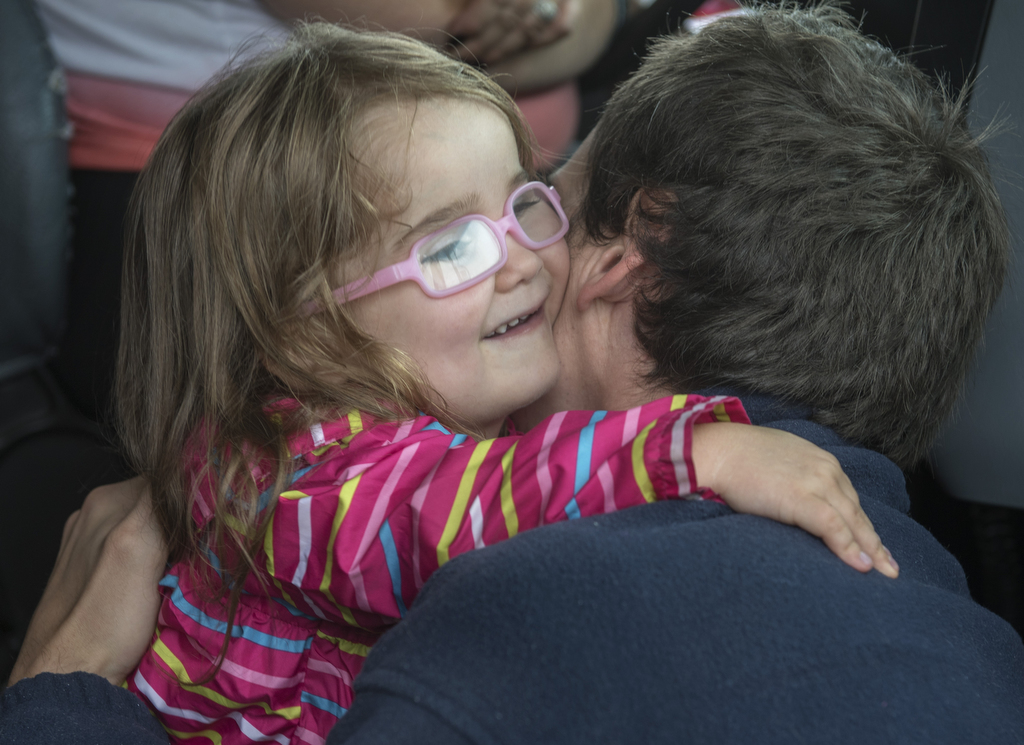

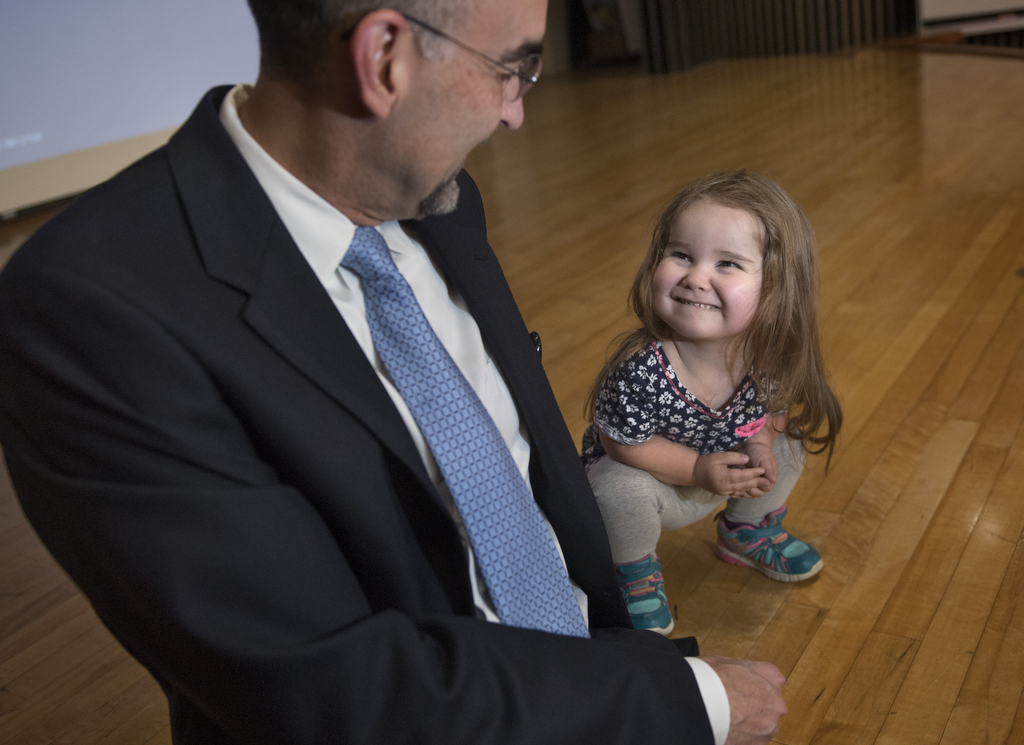
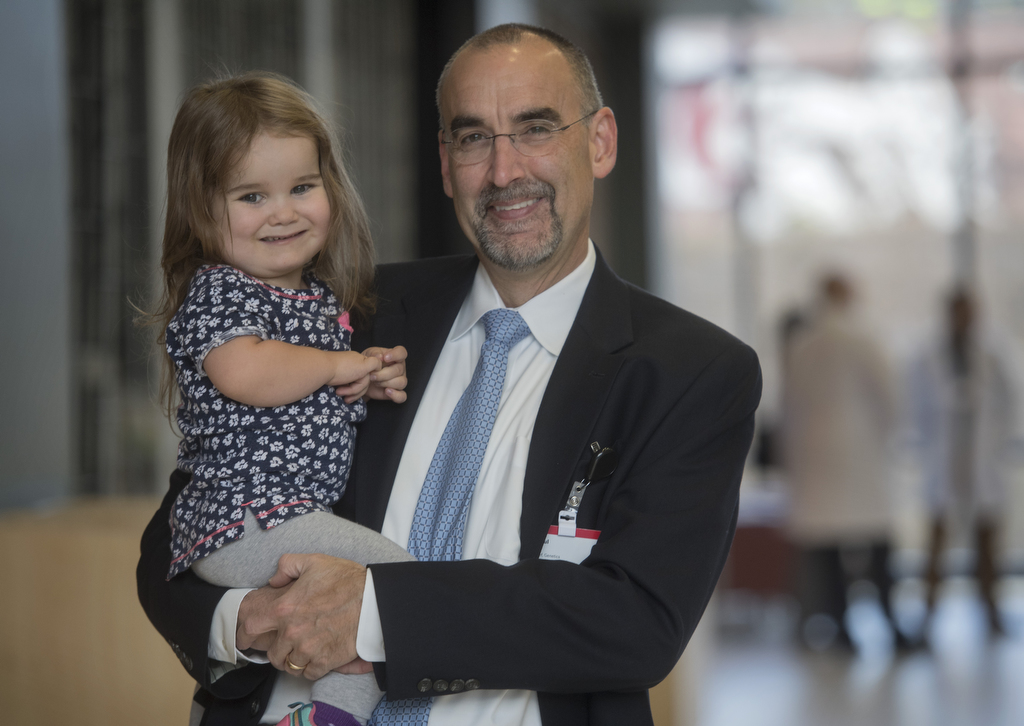






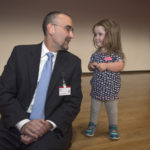










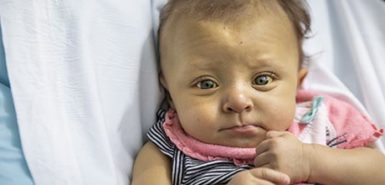 /a>
/a>
 /a>
/a>
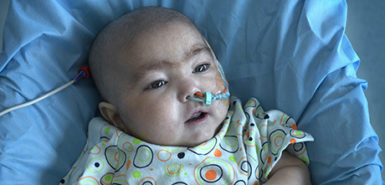 /a>
/a>
Such an awesome story! She is a such a special child! God bless her!